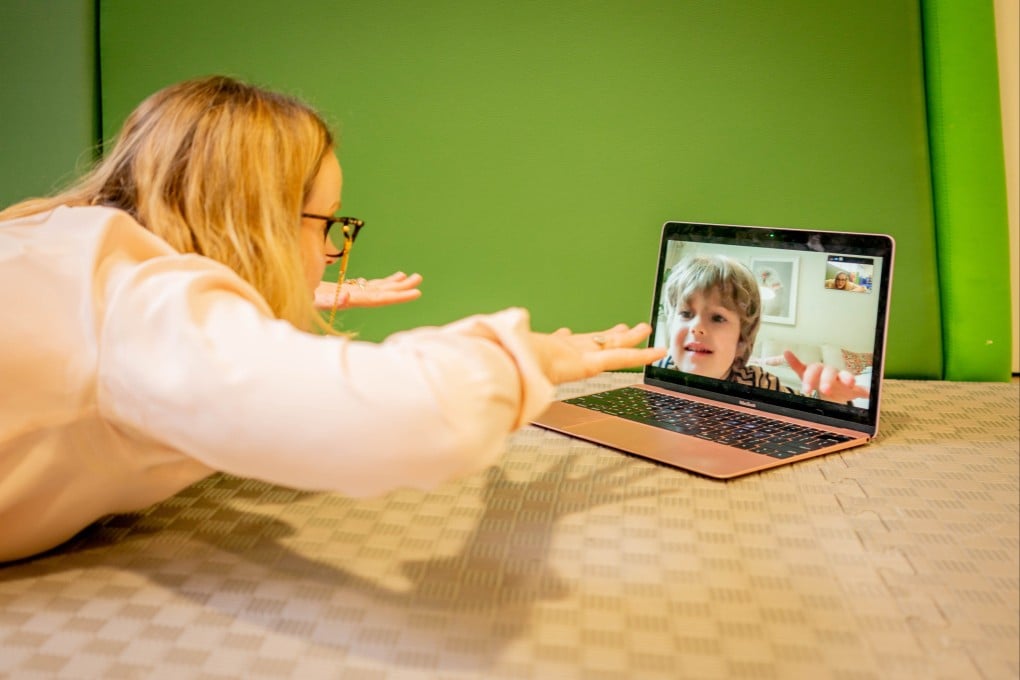From Hong Kong to Malaysia and India, how online learning failed special needs students during the Covid-19 pandemic
- Children with learning difficulties were disadvantaged before Covid, but with schools closed the gap is widening. ‘They are the real losers of the pandemic,’ educators warn
- Many with ADHD and autism lost hard-won gains when learning went online. Therapists, meanwhile, have been swamped by a new wave of problems, including anxiety

Since the pandemic broke out at the end of 2019, schools across the region have been forced, to varying extents, to rely on online learning models. That switch has prompted much angst and soul-searching for all parents about how to ensure the continuing educational development of their children, and about how to juggle working life with being an unofficial part-time teaching assistant at home.
But too often, educators say, the debate has ignored how the switch has hit hardest those children who were already struggling and whose needs make learning online particularly challenging. It is common, they point out, for any child to struggle to focus while learning from home; but for a child with ADHD (Attention-Deficit / Hyperactivity Disorder) it can be near impossible; it is common for people working from home to complain about distractions, but for children with hearing impairments even modest background noise can entirely drown out what is being said on-screen.
The danger, educators warn, is not only that special needs pupils are falling further behind their peers, but that many are regressing and losing hard-earned behavioural gains. As they do so, frustration mounts for both parent and child. Meltdowns become more common and isolation takes its toll, making learning even harder.
A vicious circle forms, as without the structure of a classroom the child loses a source of regulation, while their parent loses a pressure valve. As a consequence, educators are being swamped by a new wave of problems, including rising cases of anxiety in what some describe as the invisible aftermath of Covid-19.




